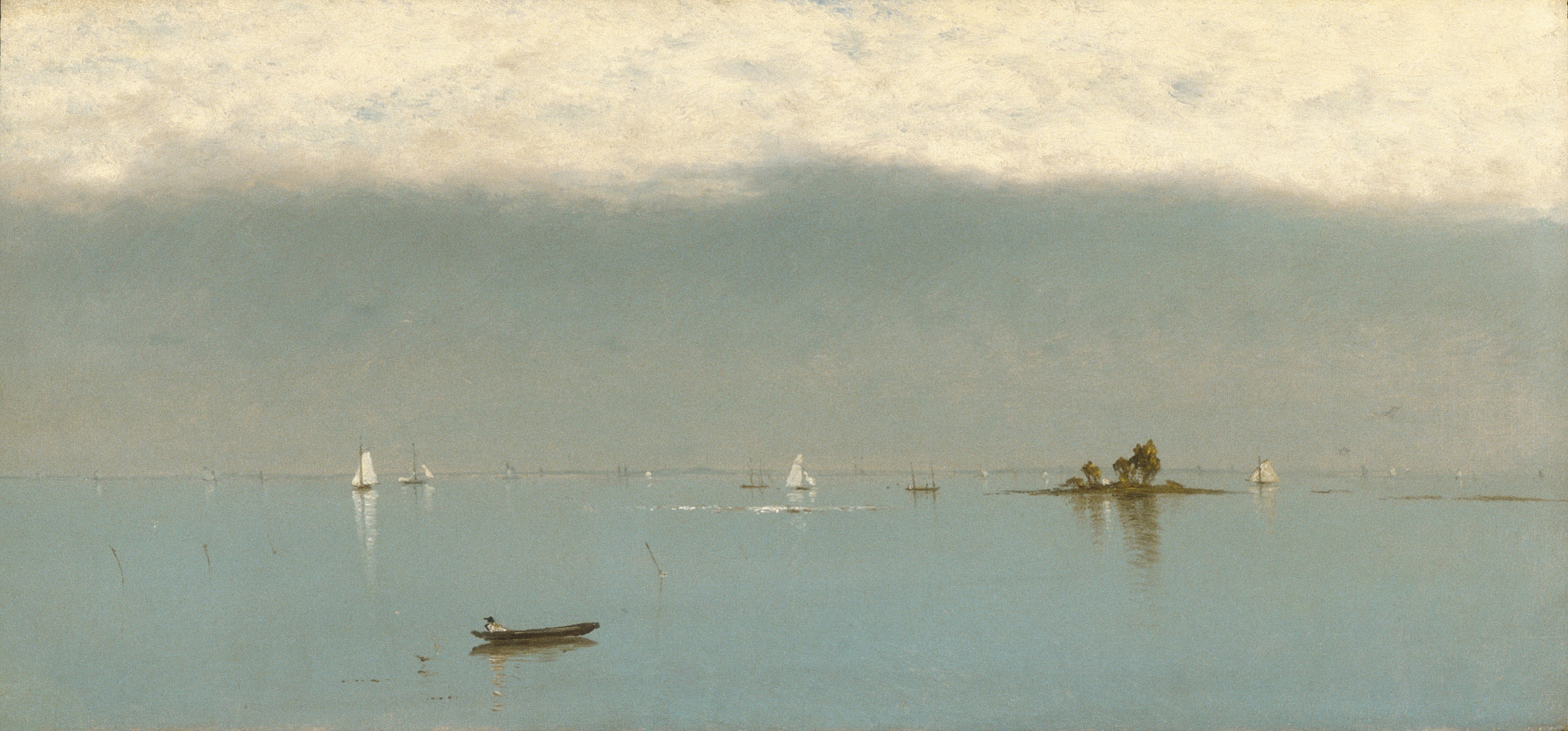Our families meet
Never a creature of habit or a patron of unforgiving walks,
you cremated every inkling of a fable, with a magical swish.
I should have known that days were sorcerers too,
resurrecting your estranged surrogate –
a sleight of hand to trigger an upward descent, bury a ghost in transit,
the dog that drugged the water lilies and floated my arms to a waterfall.
Perhaps it knows of my ways and the things that I say,
to go together the fight has to be one, and the last splitting wisp of dirt
that our feet shed to the ground shall know nothing of the last vessel
we never ate in, the dull glow of familiar faces we never replaced with a plant,
or the trysts we never had with destitute dreams.
It will perch on my neck, meet me from behind, eye-to-eye,
leavening me, as ancestral traits resurface.
This is how our families meet — in the mirror, the surrogate and the half-buried.
Trivial conversations
So, do you write songs too, play the piano?
Shall we sing about this plastic air that we
keep biting off of, frozen in a can somewhere,
guarded by a crab on the banks of a river
meandering in circles, every dance a time-
paradox that eats itself endlessly.
The air waits for the song, the crab for a choice
that sounds like something gushing out.
So, do you sing about crabs too, pulling pincers
first and the shell next, arching the quiet corners
of your mouth to sound like lacerated muscle?
Imagine trying to sound like water in supple skin
waiting to break and the opposite of that.
Do you think of breaking stretchy skin, every pull
only a dance away from disembowelling a tomb?
Imagine that.
The pun is on the one that could not stomach
a song, the one that we buried in haste.
Three years from now, we will sing of trivial fossils
and clear the air.
So, do you think of metaphors too?
Every time I ask you about a song, look under your
piano for scraps of tender greyish-white meat.
The only seas
Your vacant pipe-of-a-sound and veins running errands out of the schism
between my thighs crack in succession, looking like green looking bleaker
through a window, the reptile rings to the sweetest of whack-a-moles
we played in the undergrowth of loitering nights
flailing like drunkards under moonlight, vowing to end that song that
has seen older moons,
now swirling and lumping into a mothball, frayed at seemingly-innocent
edges, looking like red looking like a giant dwarf under your palm on a dying
torch light, as our seas wet the dying streams, bringing souls of departed fish
and fluorescent aquatic fauna, wave after wave.
Those were the seas.
No crimson words as we slip back into the rain,
into our stifling monkey cages, always encroaching hair,
ruffled and unruffled, guarded against all wrinkles,
surrendering in every battle fought,
dreamless like grit from the nether of crucifixes.
Now: the view is lilac-colored. From open seas into the fishbowl.

